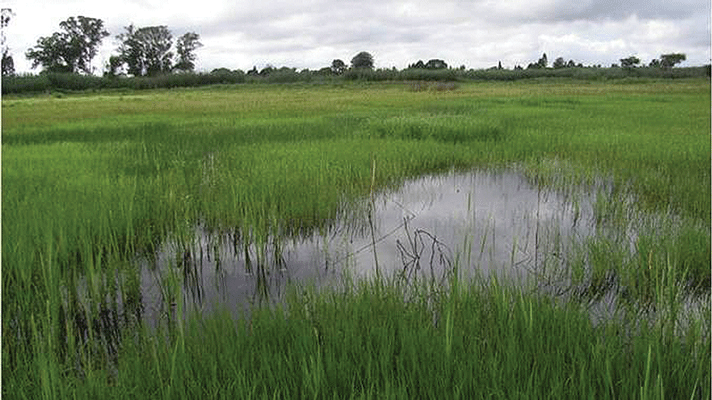
BY NHAU MANGIRAZI
KAROI residents are now paying dearly for failure to conserve wetlands, which has now affected the free flow of water to the town’s major supply dam.
Karoi Development Agenda (KDA), a coalition of civil society organisations fighting for social justice in the farming town, yesterday said reckless housing developments had suffocated the town’s water sources.
It said this had been caused by defiance of environmental laws by the authorities.
In a statement, the organisation blamed the local authority for its failure to ensure that residents have access to clean and potable water.
‘‘Karoi council has continued to allocate residential stands on waterways and wetlands which is a cause to worry about. While most dams in the country are spilling, Karoi Dam is failing to attract meaningful water because all waterways and wetlands are now residential places. Karoi Town Council needs to come up with a housing policy which protects and safeguards our environmental sustainability,’’ a KDA statement read.
Environment Management Agency district spokesperson Munyaradzi Nhariswa said human-induced activities such as housing developments, and streambank cultivation remained a threat to wetlands.
Nhariswa blamed local councils for pollution, saying they discharged partially-treated sewage into water bodies.
- Chamisa under fire over US$120K donation
- Mavhunga puts DeMbare into Chibuku quarterfinals
- Pension funds bet on Cabora Bassa oilfields
- Councils defy govt fire tender directive
Keep Reading
“Citizens must stop local authorities from doing this. Our call is that we must all be involved in wetlands conservation in compliance with national regulations.”
He said very few houses in Karoi were subjected to an environment impact assessment (EIA) survey demanded by the law.
“All stakeholders must be able to scrutinise any land, especially wetlands so that the abuse is avoided. We have had many of these projects going on unattended.
This has affected urban areas where housing development is rampant. In rural areas it’s the encroachment of agricultural activities into wetlands, as well as unwarranted settlements that have caused problems,” Nhariswa said.
But Karoi council secretary, Wellington Mutikani denied that the council was to blame for poor water inflows into the dam.
‘‘We have not received enough rains to fill up the dam as yet. I would prefer any argument supported by statistics, to say we have received this much in terms of rainfall, but nothing is in our dams. I cannot be convinced with bare literature which is not supported by figures,” he said.
Mutikani said council could not be blamed for allocation of residential stands on wetlands.
‘‘It is not true that most of Karoi stands are on wetlands. Remember all the stands would have been approved by the Department of Physical Planning. I do not know of any wetland area which council has developed into housing stands affecting the free flow of water into the dam,’’ Mutikani said.
Zimbabwe National Water Authority (Zinwa) spokesperson Tsungirirai Shoriwa said wetlands should be preserved for future generations.
‘‘Zinwa believes in the important role played by wetlands in the overall water resource management chain. We are of the firm conviction that wetlands have to be preserved. Zinwa will always work with other stakeholders in the quest to preserve wetlands,’’ Shoriwa said.
Follow Nhau on Twitter @NhauMangirazi2











